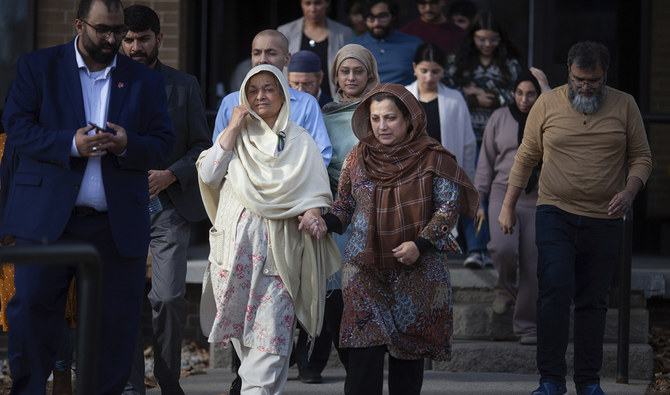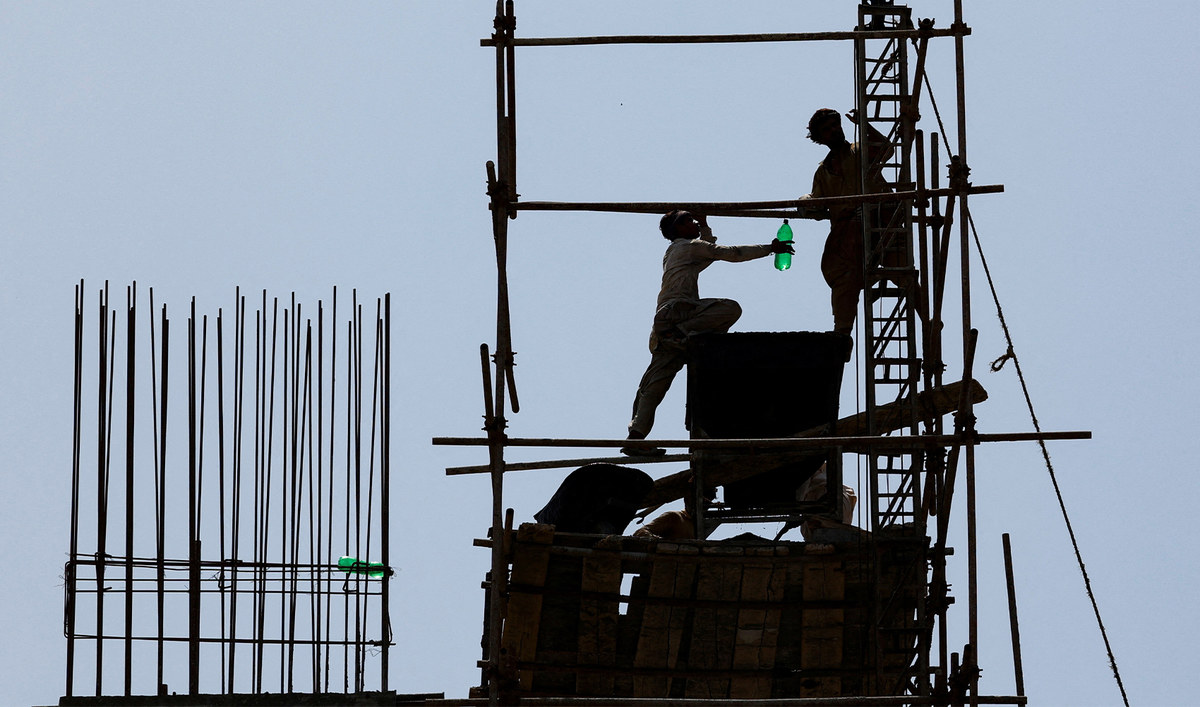OTTAWA: A 22-year-old self-confessed Canadian white nationalist who deliberately ran over and killed four members of a Muslim family in his truck in 2021 was found guilty of first degree murder on Thursday.
The killings shocked Canada, a country that encourages mass immigration and takes pride in its multiculturalism.
The jury took around six hours to convict Nathaniel Veltman, who attacked the family in the Ontario town of London. He faces life imprisonment with no chance of parole for 25 years.
Prosecutors argued the attack was an act of terrorism, noting Veltman had written a manifesto entitled "A White Awakening" in which he outlined hatred of Islam and opposition to mass immigration and multiculturalism.
Five members of the Afzaal family, originally from Pakistan, were out for an evening walk in June 2021 when Veltman ran over them with his truck on the sidewalk.
The victims were Salman Afzaal, 46, his wife Madiha Salman, 44, their 15-year-old daughter Yumnah, and Afzaal's 74-year-old mother Talat.
The couple's nine-year-old son suffered serious injuries. Veltman, who shortly after the assault admitted "I did it. I killed those people," was also found guilty of one charge of attempted murder.
"Today's verdict is a monumental step in the fight against hate and Islamophobia. It sets a precedent against white nationalist terrorism," said Abdul Fattah Twakkal, an imam at the London Muslim Mosque.
Veltman lawyer Christopher Hicks said his client was shocked but did not say if he would appeal. A sentencing hearing will be held on Dec. 1, the Canadian Broadcasting Corp. said.
It was the worst attack against Canadian Muslims since a man gunned down six members of a Quebec City mosque in 2017.
"The enduring grief, trauma and the irreplaceable void left by the loss of multiple generations has pierced us profoundly," Madiha Salman's mother Tabinda Bukhari told reporters.
"This trial and verdict are a reminder that there is still much work to be done to address hatred in all forms that lives in our communities."
Veltman pleaded not guilty to the charges of murder. His defense, citing what it called Veltman's mental challenges, said the actions amounted to a lesser charge of manslaughter.
In the manifesto, Veltman wrote "I am a white nationalist" and said white people were "facing genocide". Prosecutors said he also repeatedly watched the video of a mass shooting by a white supremacist in New Zealand which killed 51 people.
Canada has experienced a sharp rise in hate crimes targeting religion, sexual orientation and race since the start of the COVID-19 pandemic, Statistics Canada said last year.


















